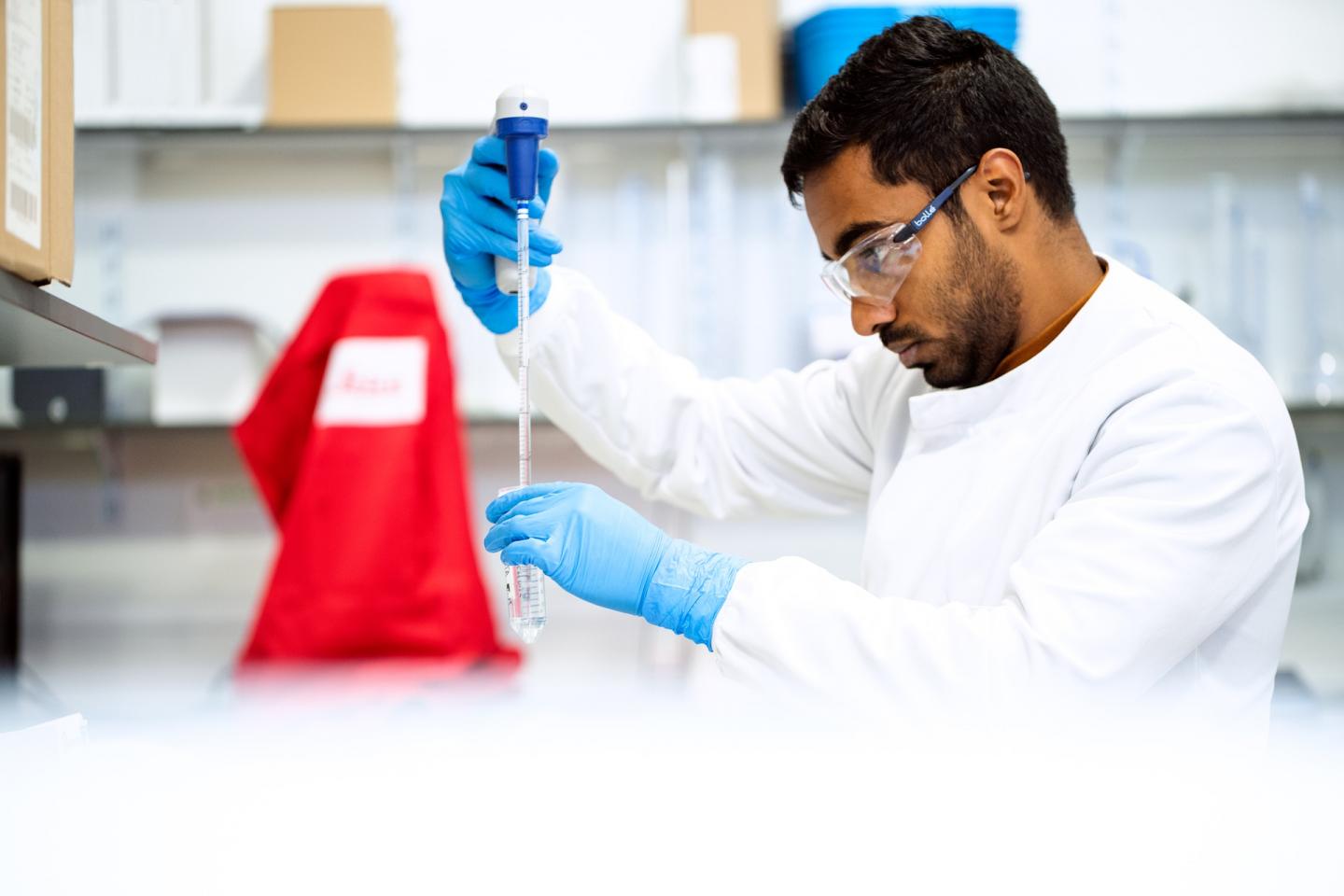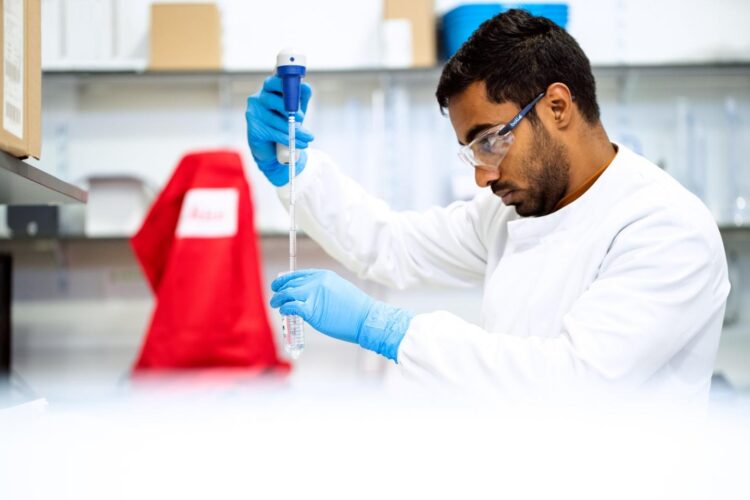
Credit: Image by RAEng_Publications from Pixabay, CC0
The rapid onset of the COVID-19 pandemic, which is caused by the SARS-CoV-2 virus, has meant that many laboratories around the world have quickly redirected research efforts to focus on COVID-19. Correspondingly, there has been an urgent need to establish the right research tools that will improve our understanding of SARS-CoV-2, and allow researchers to focus on critical areas of COVID-19 research, such as studies on new variants of SARS-CoV-2, examinations of vaccine efficacy and evaluation of antiviral drugs. While these tools can sometimes take years to develop, a new paper published in PLOS Biology by an international consortium, including researchers in Australia, Scotland and Estonia, addresses this need for COVID-19 research tools, and describes an openly available SARS-CoV-2 laboratory research toolkit. This coronavirus research toolkit is aimed at increasing the availability and accessibility of a variety of research materials, particularly for researchers who may be unaccustomed to coronavirus research.
One important component of the toolkit is the “single plasmid reverse genetics” system, which allows researchers to make synthetic infectious coronaviruses using a specially constructed DNA plasmid that can be grown in bacteria and then used to make viruses in cultured mammalian cells. This genetic tool will allow researchers to easily manipulate the coronavirus genome, and in particular will permit the study of individual SARS-CoV-2 mutations, or combinations of mutations, such as those found in the new variants of concern.
Following the generation and validation of the toolkit materials, all cell lines and virus strains have been deposited at the UK National Institute for Biological Standards and Control and all antibodies, proteins, cDNAs, cell lines and reverse genetics constructs were made available online through a not-for-profit web interface (https://mrcppu-covid.bio/).
According to the authors, “By making this toolkit available to the global research community, these resources will fast-track investigation of many aspects of COVID- 19 research, including novel variants of concern, drug discovery and vaccine development.”
###
Peer reviewed; Experimental; COVID-19
In your coverage please use these URLs to provide access to the freely available articles in PLOS Biology:
http://journals.
Citation: Rihn SJ, Merits A, Bakshi S, Turnbull ML, Wickenhagen A, Alexander AJT, et al. (2021) A plasmid DNA-launched SARS-CoV-2 reverse genetics system and coronavirus toolkit for COVID-19 research. PLoS Biol 19(2): e3001091.
https:/
Funding: This work was enabled by emergency COVID-19 investment by the UK Medical Research Council (MRC; https:/
Competing Interests: The authors have declared that no competing interests exist.
Media Contact
Suresh Mahalingam
[email protected]
Related Journal Article
http://dx.





